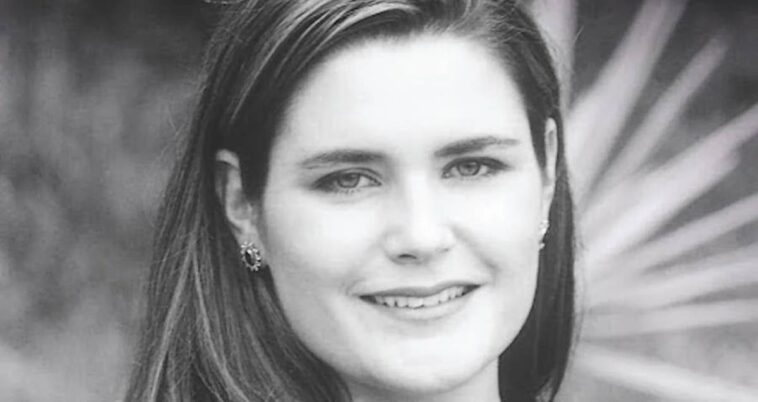Alison Botha is a name that echoes resilience. Her life story is a gripping narrative of survival against all odds. This article aims to be your go-to resource for everything about Alison Botha. We’ll delve deep into the harrowing events of December 18, 1994.
We’ll also explore the legal maze that followed. Alison’s transformation into an inspirational speaker will be another focal point. Lastly, we’ll examine the public’s reaction and the media’s role in her story.
A Table of Information About Alison Botha:
| Aspect | Details |
|---|---|
| Age at the time of the attack | 27 years |
| Date of the attack | December 18, 1994 |
| Attackers | Frans du Toit and Theuns Kruger |
| Legal Outcome | Life imprisonment for attackers (paroled in 2023) |
| Current Role | Inspirational Speaker |
| Book | ‘I Have Life’ |
| Docudrama | ‘Alison’ |
Table of Contents
The Fateful Night: December 18, 1994

The Setting
December 18, 1994, was a typical day for Alison Botha. She was 27 years old at the time. She spent the day at a beach in Port Elizabeth, South Africa.
She later invited friends to her flat. They enjoyed some food and relaxation. Little did Alison know, her life was about to change forever.
The Abduction
After her friends left, Alison offered to drive some of them home. She returned to her apartment complex to find her usual parking spot taken. Forced to park further away, she was about to exit her car when a man opened her door.
He put a knife to her throat. He instructed her to slide into the passenger seat. The man introduced himself as Clinton and said he only needed her car. Alison believed him.
The Realization
Clinton drove off and pulled onto a side street. Another man entered the vehicle. Alison knew she was in grave danger.
Clinton’s cordiality was replaced by a predatory glare from his accomplice. They drove her to a remote area. It was there that the true horror began.
The Ordeal
Alison was subjected to unimaginable brutality. She was raped and stabbed multiple times in the abdomen. Her attackers slit her throat in an attempt to leave no witnesses.
Despite her severe injuries, Alison’s will to survive remained strong. She wrote the names of her attackers in the sand. She hoped that if she didn’t survive, justice would still be served.
Also read: Lacey Fletcher: A Life Forgotten and a Death Remembered
Alison Botha: A Profile of Courage
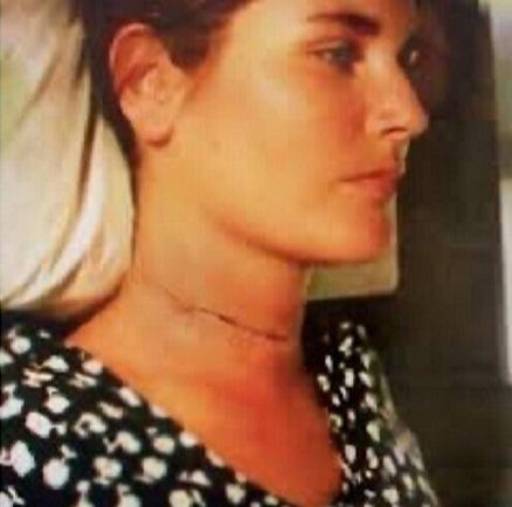
Early Life
Alison Botha was born and raised in South Africa. Her upbringing was relatively uneventful. She was known for her kindness and compassion.
Before the Incident
Before that fateful night, Alison was living in Port Elizabeth. She was 27 years old. She had a circle of friends and a life full of promise.
The Woman Behind the Name
Alison was more than just a victim. She was a daughter, a friend, and a human being. She had dreams and aspirations like anyone else.
A Life Interrupted
The events of December 18, 1994, changed everything. Yet, they didn’t define her. Alison’s story is not just about survival. It’s about reclaiming life.
The Attackers: Who Were They?
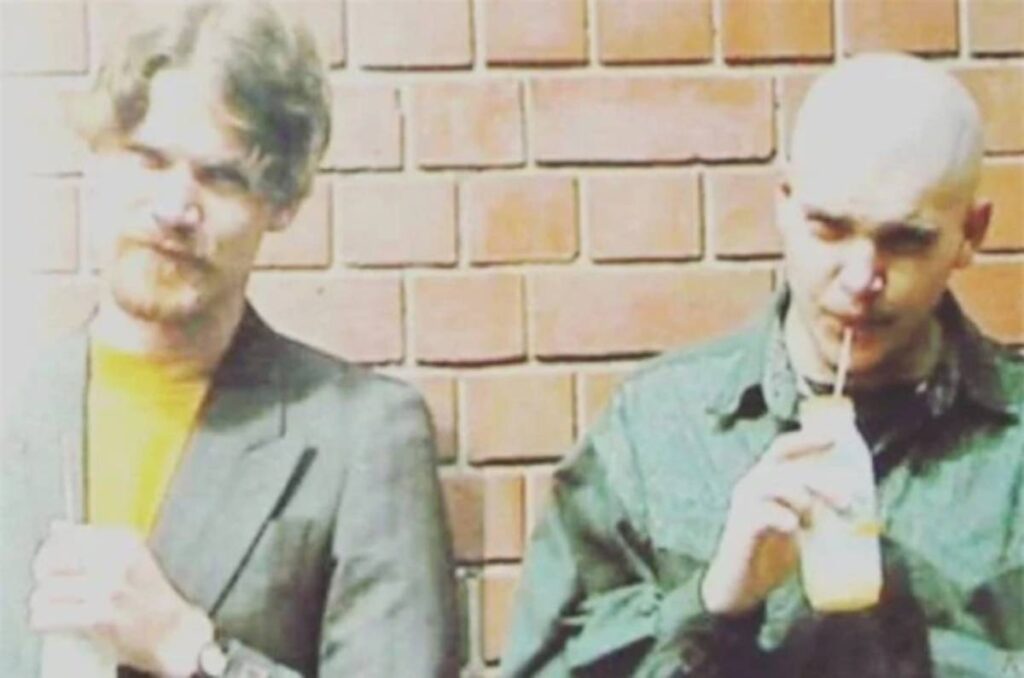
Frans du Toit
Frans du Toit was one of the two men responsible for the attack. He was the one who initially approached Alison. He introduced himself as Clinton.
Theuns Kruger
Theuns Kruger was the second man involved. He joined du Toit after the abduction. His entry signaled the escalation of the horror that awaited Alison.
A Calculated Plan
Both men had criminal histories. They had planned the attack meticulously. Alison was not their first victim.
The Face of Evil
The attackers were not just random criminals. They were predators. They had a history of violence against women.
You might also like this story: Who Is Jaylen Fleer? Where Is He Now? Everything You Need To Know!
The Unthinkable Ordeal

The Brutality
Alison was subjected to extreme brutality. She was raped by both men. She was stabbed multiple times in her abdomen.
The Attempt to Eliminate Evidence
Her attackers tried to eliminate her as a witness. They slit her throat. They left her for dead in a remote area.
The Will to Survive
Despite her injuries, Alison was determined to survive. She wrote the names of her attackers in the sand. It was a final act of defiance against the men who tried to take her life.
The Will to Survive
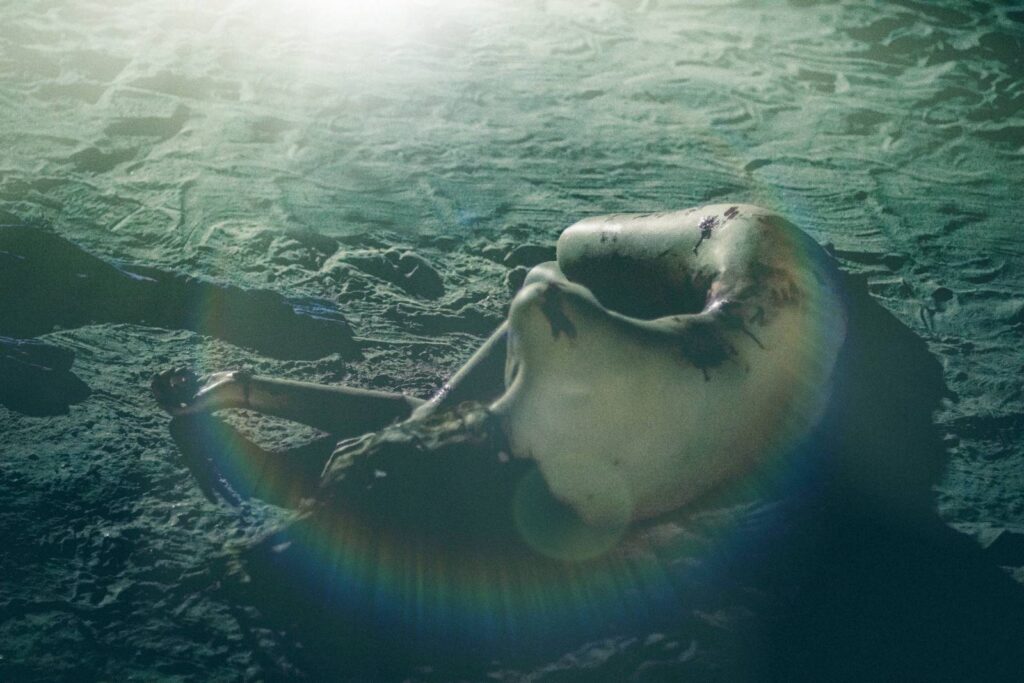
The Immediate Aftermath
Alison was left for dead. But she refused to give in. She mustered the strength to crawl to the road.
A Glimmer of Hope
Her nearly decapitated head and spilling organs didn’t deter her. She was found by Tiaan Eilerd, a passing veterinary student. He provided immediate first aid.
The Emergency Response
Eilerd called for emergency services. Alison was rushed to the hospital. Her life hung in the balance, but she survived.
The Aftermath: Legal Proceedings
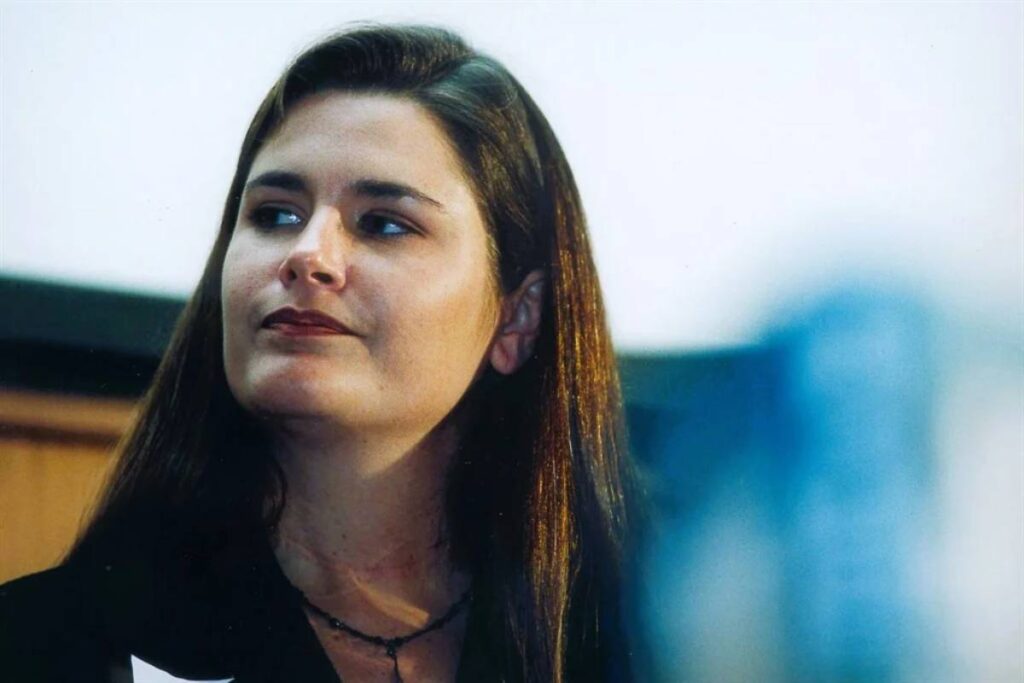
The Arrest
Both attackers were swiftly arrested. They were identified as Frans du Toit and Theuns Kruger. They were charged with kidnapping, rape, and attempted murder.
The Trial
The trial was a media spectacle. The courtroom was packed. The nation followed every development.
The Sentencing
In 1995, both men were sentenced. They received life imprisonment. The sentence was a relief to Alison and those who supported her.
Also see: Who Is Doreen Lioy? Ex-Wife of Serial Killer Richard Ramirez
The Shocking Release
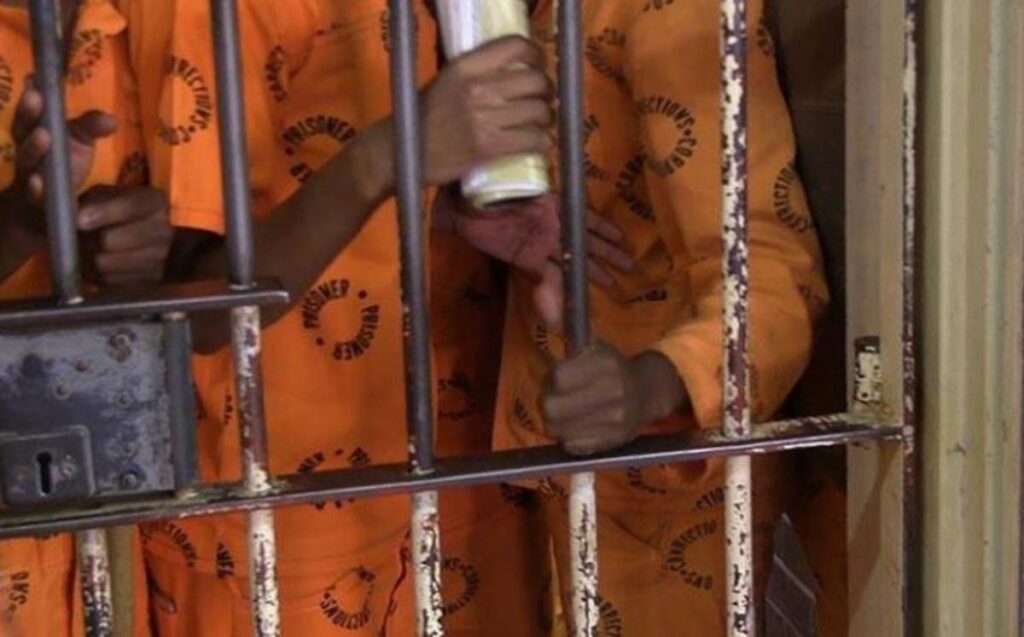
The Parole Decision
In a shocking turn, both attackers were granted parole in 2023. They had served 28 years in prison. The decision was met with widespread disbelief.
The Conditions
The parole conditions were stringent. Both men would be under supervision for the rest of their lives. Yet, the decision to release them was controversial.
Alison’s Reaction
Alison was shocked by the decision. She had not been consulted prior to the parole hearing. Her sense of justice was deeply shaken.
Alison Botha: The Inspirational Speaker
A New Mission
After her ordeal, Alison found a new purpose. She decided to share her story. She became an inspirational speaker.
The Global Stage
Alison didn’t limit herself to South Africa. She has traveled to over 30 countries. Her message is universal: resilience in the face of adversity.
The Impact
Alison’s story has touched countless lives. She has received numerous awards. Her influence extends beyond the borders of her home country.
The Media’s Role
The Initial Coverage
The media played a significant role in Alison’s story. Her case was widely reported. It drew national and international attention.
The Parole Controversy
When her attackers were granted parole, the media was there again. They covered the public’s outrage. They questioned the justice system.
The Double-Edged Sword
Media attention has its pros and cons. While it brought Alison’s story to light, it also invaded her privacy. It’s a complex relationship.
Public Reaction
The Immediate Aftermath
The public was horrified by Alison’s story. Social media platforms were abuzz. Calls for justice were loud and clear.
The Parole Decision
The decision to grant parole to Alison’s attackers was met with disbelief. Petitions were started. Protests were organized.
The Ongoing Conversation
Alison’s story continues to be a topic of discussion. It raises questions about the justice system. It also sparks debates about violence against women.
The Emotional Toll

Psychological Impacts
Alison’s physical wounds healed, but the emotional scars remained. She had to grapple with the psychological aftermath. Therapy became a part of her recovery journey.
The Struggle for Normalcy
Returning to a normal life was challenging. Simple tasks became monumental feats. Yet, Alison persevered.
A Lifelong Journey
Recovery is not a destination but a journey. Alison’s story serves as a reminder. The emotional toll is an ongoing battle.
The Power of Resilience

Turning Pain into Power
Alison Botha’s story is a testament to human resilience. She turned her life around. She became an inspiration for many.
The Ripple Effect
Her story has had a ripple effect. It has inspired others facing adversity. It has sparked conversations about resilience and recovery.
A Beacon of Hope
Alison Botha stands as a beacon of hope. Her life is proof that we can overcome. Her story is a call to action for all of us.
Conclusion
A Story of Unimaginable Brutality and Incredible Resilience
Alison Botha’s story is one of unimaginable brutality but also incredible resilience. Her journey from that fateful night to becoming an inspirational figure is a testament to the strength of the human spirit.
Legal System’s Flaws
While the legal system may have its flaws, as evidenced by the controversial parole decision, Alison’s story serves as a beacon of hope. It’s a call to action for all of us to engage in conversations about justice and reform.
A Lasting Impact
Alison Botha has left an indelible mark on countless lives. Her story has sparked conversations, inspired change, and served as a grim reminder of the work that still needs to be done to protect women from violence.
FAQs
How did Alison Botha survive?
She survived through sheer willpower. Despite her injuries, she crawled to a road. She was found and given first aid.
Who are Alison Botha’s attackers?
Frans du Toit and Theuns Kruger were the men behind the attack. They were sentenced to life imprisonment but were granted parole in 2023.
Has Alison Botha spoken publicly about her experience?
Yes, she has become an inspirational speaker. She has traveled to over 30 countries to share her story.
What was the public reaction to the parole of her attackers?
The decision was met with widespread criticism. Social media platforms were filled with calls for justice.
Is there a book or movie about Alison Botha?
Yes, she has written a book called ‘I Have Life.’ A docudrama about her story has also been filmed.
What are the legal implications of her case?
Her case has raised questions about the justice system. The parole of her attackers has sparked debates about legal reforms.

